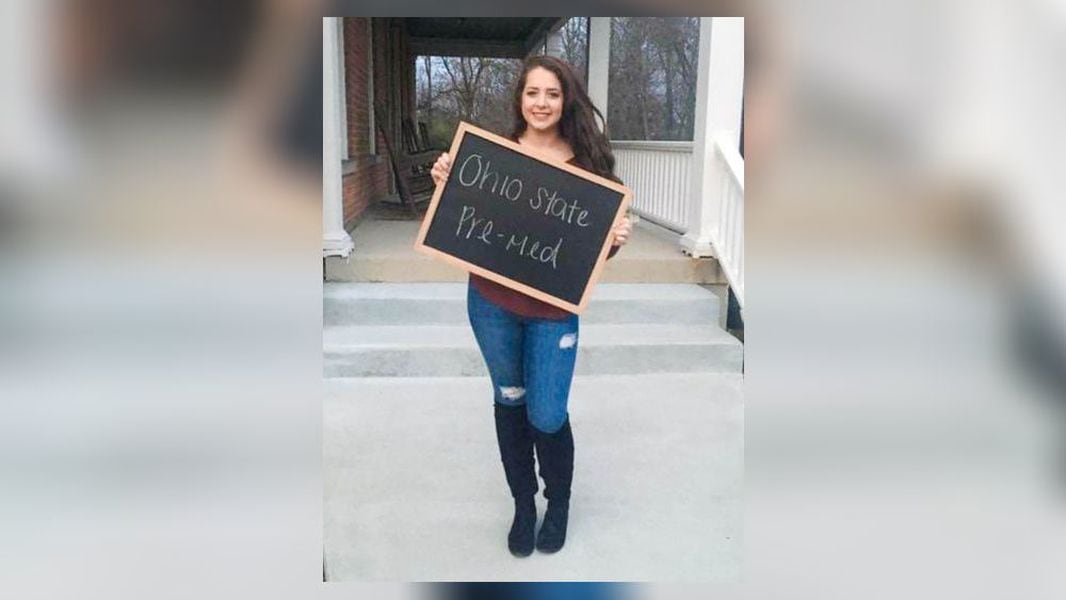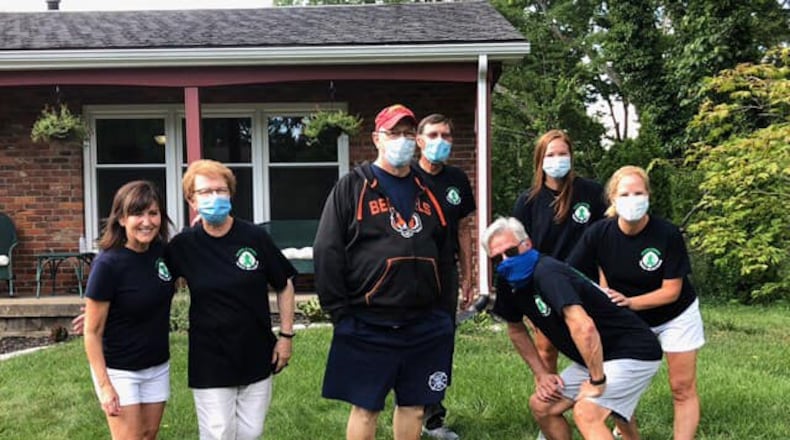“About two weeks prior to getting the call, I was starting to struggle,” Lolli said. “I was starting to have to need blood transfusions and I was starting to really struggle those last two weeks.”
Credit: Nick Graham
Credit: Nick Graham
The 59-year-old fire chief was diagnosed in August 2019 with hepatocellular carcinoma, or liver cancer, and was listed to the transplant registry in May 2020. Then in late July, he received his liver from a 23-year-old deceased donor.
Most people on the national organ transplant registry are waiting for a kidney, which makes up about 85 percent (about 91,000) of the total number of people waiting for an organ. The second-most, which fluctuates around 12,000, is for the liver. In 2020, there were 8,906 liver transplants performed nationally.
Locally, more than 600 people waiting for a transplant, said Andrea Johnson, spokeswoman for the LifeCenter Organ Donor Network.
“The reality is, yes, people are getting transplants, but there are still 20 people dying every day who are on the transplant list,” she said. “There’s a lot of work to do, there’s still a lot of education, just really helping people understand what saying ‘Yes,’ when you register to be a donor.”
Seven months after his operation, Lolli said he feels great with help from his support team that includes his wife, sons and siblings.
Lolli contracted COVID-19 in December ― he isn’t sure where he contracted it ― but his COVID-19 virus symptoms were mild.
Lolli said if anybody can be an organ donor, they should be one.
“It’s the greatest gift a person could give somebody, and it’s the greatest gift an individual can receive,” he said.
Johnson said anyone on the fence about being an organ donor should “put themselves in the position of a family whose loved one is in need of a transplant.”
“Think about if they were in that position that they would hope that someone would be generous enough to register to be a donor,” she said.
Soon, Lolli will reach out to the deceased donor’s family, which it’s recommended that transplant recipients wait six months to a year. That 23-year-old donor and the donor’s family has been “the first and foremost” on his mind.
“If it wasn’t for them, I probably would have died,” he said.
“I’m living proof that prayers work, and I’m just a very, very lucky person.”
Organ donations: Saving lives in Butler County

A multi-story package from the Journal-News looked at the status of impact of organ donations, with perspectives from those who have saved lives or lost loved ones who have saved lives and those who live on.
HOW TO BE A DONOR
There are three ways to join the Ohio Donor Registry:
- Register online. You’ll need a valid Ohio driver’s license or state identification card.
- Complete and mail a Donor Registry enrollment form, which can be downloaded from www.donatelifeohio.org.
- Say “yes” at the local Bureau of Motor Vehicle when receiving or renewing the driver’s license or state identification card. You should also talk to your family about your wishes so that they can help to honor your decision at the time of death.
Source: DonateLifeOhio.org
About the Author


